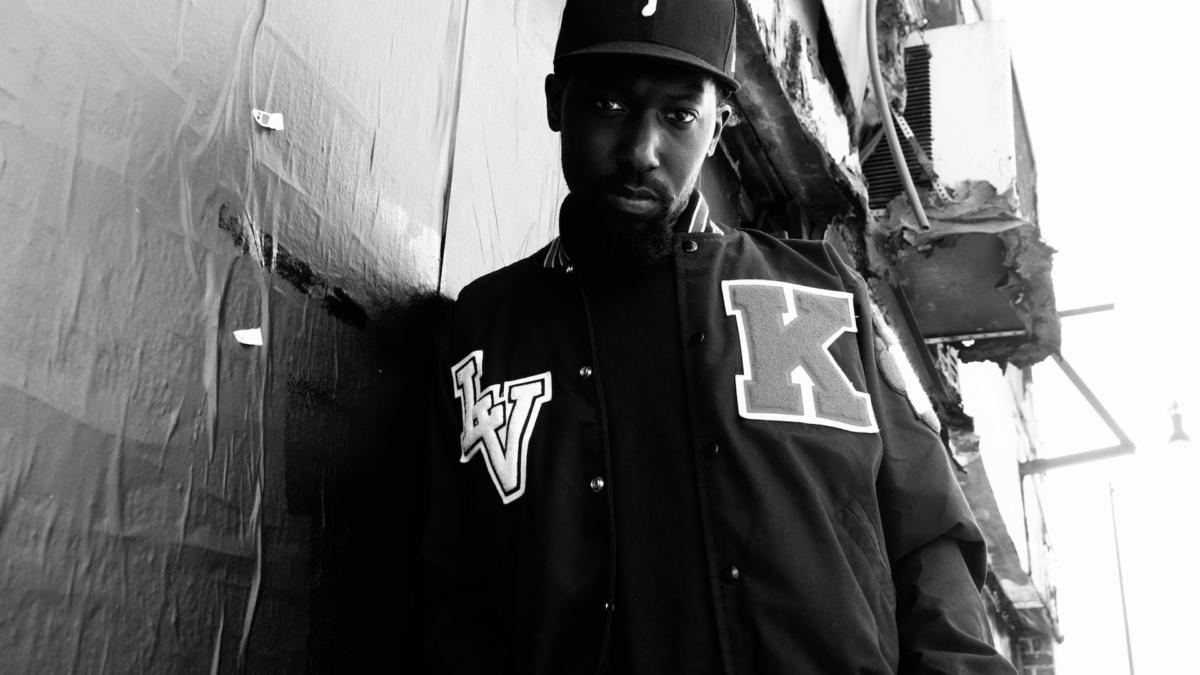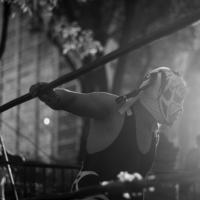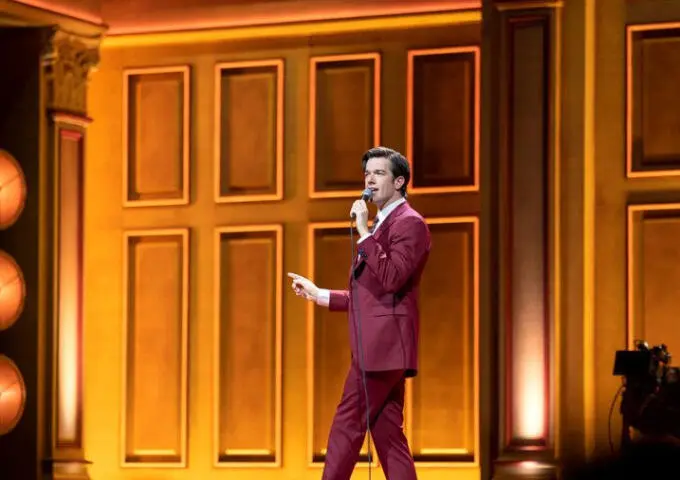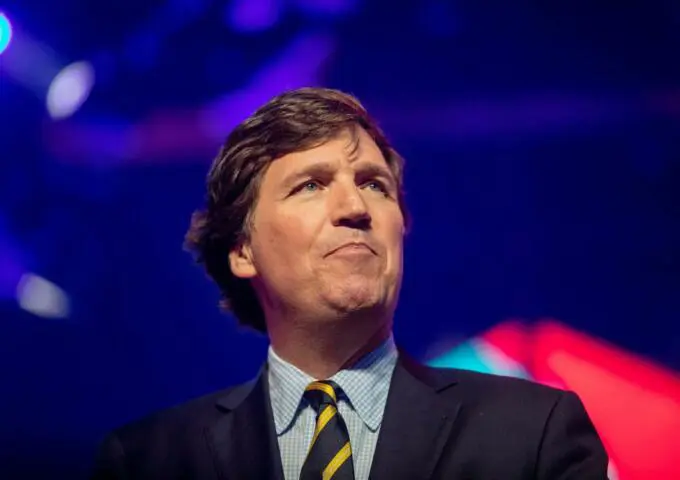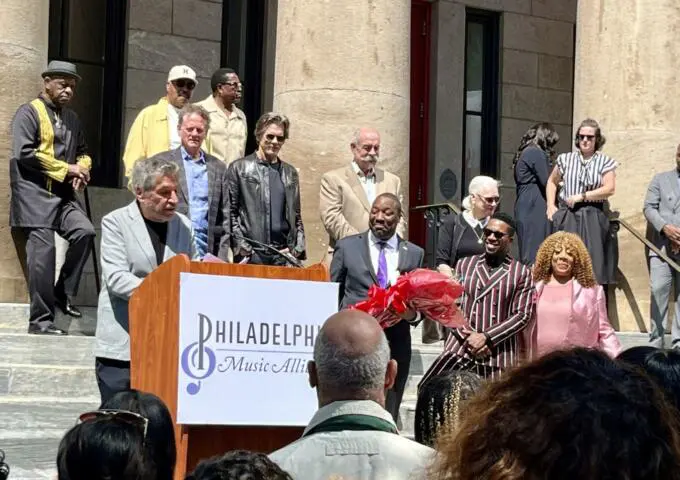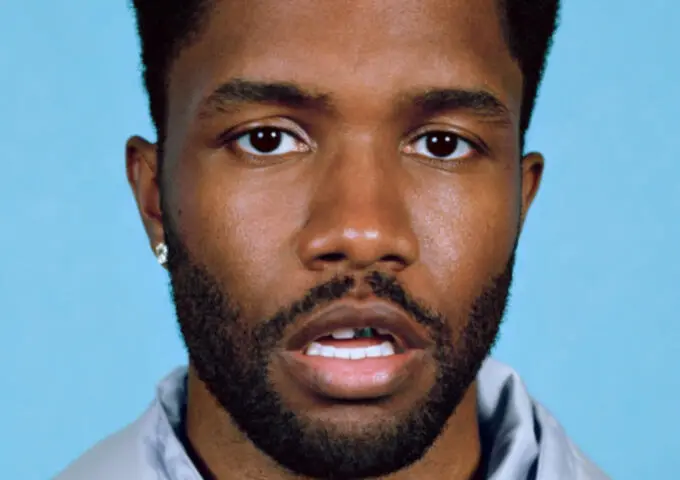Incited by the decision to stop speaking as a child, Khemist’s career as a journeyman lyricist began at a local playground, when, as a child, he darted to retrieve a loose ball.
That led to an encounter with a man facing certain death.
“I didn’t even start talking in school until I went to high school. My whole middle school experience, I didn’t talk at all,” he says in his bio. “I went to the park at Barrett playground. The ball bounced behind the rec and I went to retrieve it and saw this man just bleeding out – lying there. Me and my man looked for a second, then some oldhead came and told us to move. He told us not to say anything so we never said anything. We went back to playing ball. I still don’t know what happened to that guy. After that I didn’t talk in school from fifth to eighth grade.”
Taking the instruction to keep a quiet heart, Khemist applied the directive to his entire life and musical career. Robbed of his innocence in that split second, he traded conversation for self-reliance, an extensive vocabulary and razor-sharp observational skill.
A former workshop leader for the Philadelphia Youth Poetry Movement, Khemist cut his teeth writing poetry, listening to “The Come Up Show” with DJ Cosmic Kev, watching Def Poetry Jam and battle rap DVDs. He cites Sonia Sanchez, Ta-Nehisi Coates, Black Ice, Mums Da Schemer, Sonny Patterson, Lauryn Hill, Ursula Rucker, Nas, Toni Morrison, Robert Browning, Nicki Giovanni and Octavia Butler as major influences.
Adding his two cents to the rap canon, Khemist first made waves with the “Puzzle Pieces” mixtape. He followed with “Death 2 Wack Rappers,” hosted by Black Thought and the “Khemist x Aktive” mixtape, featuring DJ Aktive. Khemist’s spoken word project, “Lornda & Poems,” is a heartfelt ode to his grandmother Lornda Pack. Virginia radio fixture and Pusha T affiliate DJ Rick Geez joined Khemist on “Scrap Metal.” Written and recorded in one day, “All In A Day’s Work” dials up the lyrical showmanship of Philadelphia rap lore. Khemist later connected with Zaytona on “Wolves.”
Recording with dedicated producers Micah Forsyth and Anwar Marshall (bka DYAD), Khemist graduated from spoken word poetry and marathon freestyle rap to pick up a guitar at the age of 22. Pairing lyrical prowess with diligent musicianship, he has methodically developed a sound that accurately reflects an encyclopedic knowledge of black American musical folkways and the vast, ambitious nature of his progressive sonic ideals. It is this music that he believes to be the most important of his life.
This year, he has collaborated with the likes of two-time Grammy award-winning Cuban master percussionist Arturo Stable, Grammy-nominated jazz drummer Anwar Marshal, and his band made up of the top studio musicians in a city known for their talent.
Now he’s back with another live performance video, this time stripped back to just himself with an acoustic guitar and vocals. In the song titled “Resignation,” Khemist laments about the struggles and self-doubt of being an independent musician dedicated to their craft. “Starting to think this shit just ain’t for me / gave everything but my soul it’s plain to see.”
PW recently caught up with Khemist to talk about his career, music and what lies ahead.
How has growing up in Logan Valley and living in the city influenced your music?
Logan has brought me joy and pain. In a childhood full of religion, drugs and violence, Logan introduced me to music and the arts. My parents had a piano in the house where I lived. I never would focus enough to take it seriously though. I would only mess around on the keys when I was bored. At the time, I was interested in drawing and painting more than anything.
My mom placed me in art school when I was 12. I would get up every Saturday morning to go to Fleisher Art Memorial in South Philly. It was there that I learned about different styles of art and how there’s no limit to creativity. Art inspires a large portion of my ideas.
In Logan, my brother introduced me to rap music. I would listen to his cassette tapes when he wasn’t home and I would study what I heard on the radio. I started to turn poems into raps. I later learned how to separate the two.
My uncle, Manly Pack, is a self-taught jazz pianist in Nicetown. I spent a lot of time with him at my grandma’s house. He taught me jazz. He would give me quick piano lessons and music theory lessons, but I was focused on other things. He also painted. He’s who pushed me to be more creative. He later handed me my first guitar. I now have 10.
I’ve lost friends and family in this neighborhood. I’m scarred from fights I had here. I’m scarred from acts of violence I’ve been close to. I learned about the different ways one can make money here. Here is where I began to think about this country as a system and the world as a whole. Here is where I learned to beware of dogs and be cautious of the police.
These are the things I write about. My songs are soundtracks to the struggles of black and brown people. I write songs to share with the world what’s going on where I’m from and in the large community that I’m a part of. My intent has always been to provoke thought and to heal. So many of us are in pain, including me. I write songs about being me and being black and I cross genres doing so. Logan has made me a songwriter.

How has your music evolved over the years?
The more I live and learn about life, the more ideas I have. My music includes more black history and spirituality references. I understand how powerful I actually am as a being. Traveling and practicing looking at the world through different lenses has influenced my writing. I continue to study the great authors of the world whose writing has always influenced mine. I want to rap as well as Octavia Butler writes.
I’ve also become more of a student in recent years. I am more interested in learning the music that was here before me. I’m studying chord progressions, lyrics and the song structures of music between the 1930s to 1980s. I’m interested in music theory. I want to create music that was tailored for me and the ideas that I have in my head. It took me getting a guitar to finally get close to that.
Shortly after I got a guitar, engineer Micah Forsyth introduced me to drummer/producer Anwar Marshall. Anwar understood my ideas right away and it wasn’t long before things began to click. Being around musicians is now my preferred method of creating. There’s more flexibility and more willingness to experiment. Musically, I’m comfortable taking more risks now. It finally feels like everything that I’ve been working on for years as far as being a writer, has a way to be expressed. I can actually play on guitar what I hear in my head. I have more control. I try more things with my voice.
You recently released a live performance video. It’s just you with an acoustic guitar and vocals. Talk a little about how “Resignation” came together and what it means to you.
The resignation was written out of frustration. I wrote it during a time when I was going back and forth with lawyers, contracts, and getting some music things together.
“Resignation” expresses the battles of an independent artist in today’s music business while having to deal with real-life outside of music. This was me entertaining the thought of resigning. The video was shot by Malix Media and Joe Grasso. The concept was Max Morgan’s idea. We wanted to do something raw and right to the point.
People are always surprised when they see me rap and play the guitar. I’ve been working on this for years, and this is what has been opening doors for me recently. The guitar helps separate me from every other lyricist out there. The way the game is now, being a lyricist is not enough. Luckily, I’ve always cared about writing a better song than the better verse.
In the past, artists had to depend on radio to get their music to their fans, and about the only time they interacted was at a concert. The internet, social media and streaming services have changed all of that. How do you utilize modern technology to not only get your music to the masses but also interact with your fans?
I release freestyles on Instagram called #Khemtrails. They’re all numbered and I’m up to number 35 now. These are quick, one-minute freestyles that I record with my phone camera whenever I feel like rapping and sharing something new. You won’t hear these freestyles anywhere else. This has helped me build fans and attract people who actually care about what I’m saying and the creativity of it. Instagram has been useful in spreading the word about new shows, new releases, and updates on what I’m doing.
I also have a mailing list that I use to keep fans updated who aren’t on social media. Artists are battling algorithms right now, so the best way to stay connected to fans is to actually be present in person. I’m usually somewhere at a jazz club, poetry spot, or somewhere around the arts when I’m in Philly. Follow the hashtag #Khemtrails.
What’s next for you? More new music? Appearances? What’s the best way for people to keep up with Khemist?
My EP Khemtrails has been finished for some time. The entire EP is produced by Dyad (Anwar Marshall and Micah Forsyth) and features some world-renowned musicians. The EP will show my range as a songwriter and musician. At the moment, I am writing for other artists’ projects while working on my own music as well. There will be more music and visuals dropping this spring. Follow me at @Khemist_LV.
